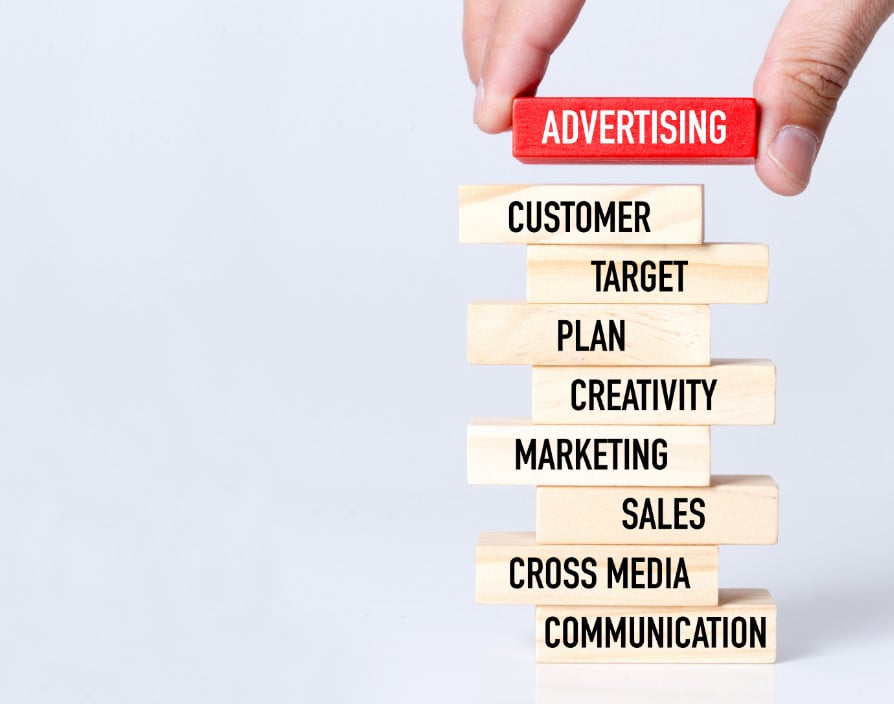According to the latest research, digital advertising spend was down 38% and traditional advertising was down 43% during March and April 2020.
A similar level of decline was experienced across digital platforms, with social media advertising down 33% and paid search down 30%.
It is no secret that this downturn is a direct impact of the coronavirus pandemic, where businesses globally have been forced to close their doors and reduce costs to stay afloat.
However, the stark reality of the situation is that the longer the doors are closed, the harder it will be to recover once we return to some form of ‘business as usual’.
Lessons
from History
Despite COVID-19 presenting significant challenges, history has taught us that battening down the hatches and halting operations may seem like an effective solution in the short-term, but it will only cause problems in the long-term.
This supported by evidence from Millward Brown following the recession of 2008, which revealed that 60% of the brands that went ‘dark’ [i.e. no advertising or marketing activity] during the economic downturn saw a ‘brand use’ decrease of 24% and brand image decrease of 28%.
The same evidence also revealed that the brands who cut their ad and marketing budget at a higher rate than their competitors were at a greater risk of losing market share.
Rewind another 20 – 25 years and the McGraw-Hill research shows that the businesses who maintained or increased their advertising spend during the 1981 recession secured 256% higher sales compared to the businesses that didn’t by 1985.
This supported by a recent report from media platform, Kantar, who estimates that the brands who ‘go dark’ to save costs will see a 39% reduction in brand awareness, inevitably delaying recovery post-COVID-19.
The lesson here is clear. While reducing marketing and advertising spend in the short-term may result in initial savings, it will significantly impact your ability to bounce back and generate sustainable profits in the long-term.
With
Adversity Comes Opportunity
We have all heard the saying that in periods of adversity comes opportunity, but how many of us actually act on it?
Right now, user browsing time has dramatically increased with the UK still working through lockdown. This means that more and more people are spending an increasing amount of time online reading content, engaging with social media platforms and looking for the next product or service to invest in. If you aren’t marketing, they won’t be buying from you.
What’s more, due to the decline in revenue from social media advertising and paid media campaigns, the cost of advertising via Facebook and Google has dramatically reduced, meaning that campaigns with smaller budgets are generating excellent results.
Pivot
Don’t Pause
It has been two months since UK businesses closed their doors and started operating remotely. This means business owners have had two months to assess the impact of COVID-19. However, with the economy declining by the day, now is not the time to sit, watch and wait. Now is the time to act.
Initially, the business community were under the illusion that this ‘unprecedented period’ may only last a matter of weeks or months at most. Regardless of the timeframe, it’s clear that nothing can be gained from waiting for the economy to improve and for everything to return to normal as we simply don’t know how long that will take.
Business owners need to put concern aside and start fighting for survival by thinking differently, pivoting previous growth strategies and embracing this period as an opportunity to innovate, disrupt and dominate.
The economy isn’t going to improve overnight and you won’t get an influx of sales by sitting still and doing nothing.
Be bold and don’t ‘go dark’. The data is there to prove that those who take a chance and invest in their marketing strategy now are those more likely to benefit long-term.
Ultimately,
the biggest risk is not taking any risk.
Share via:








































